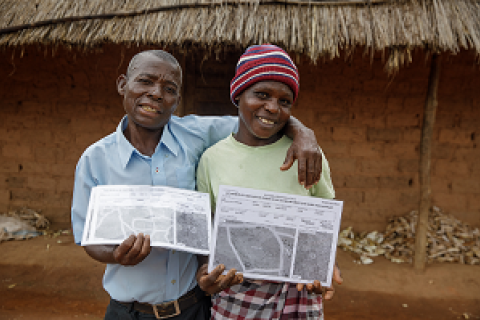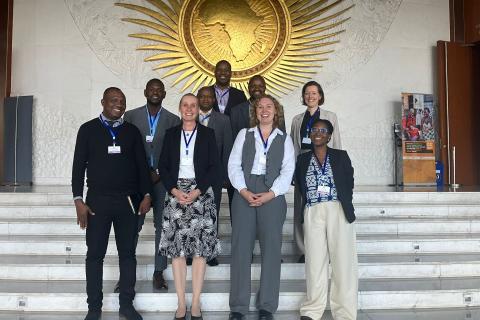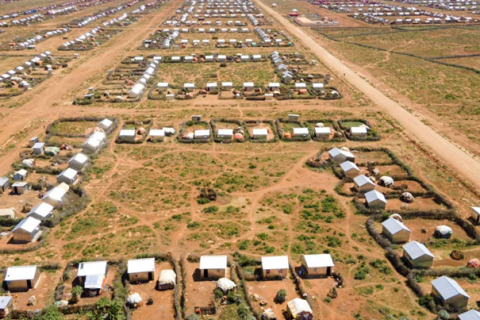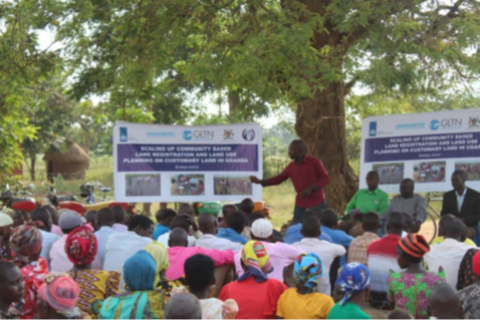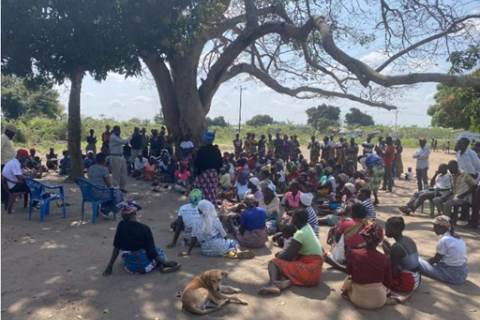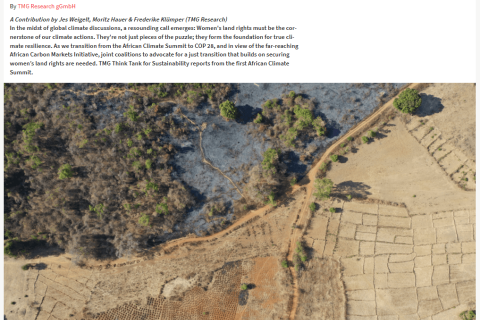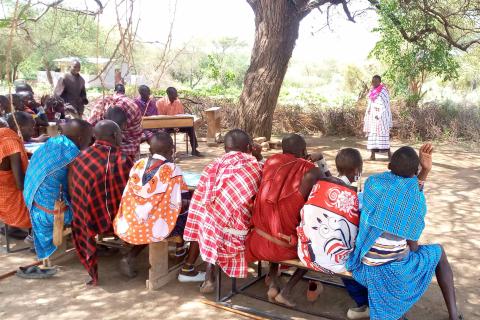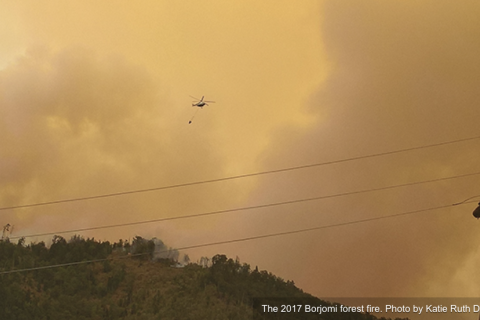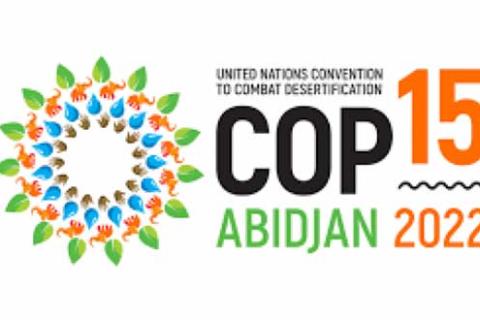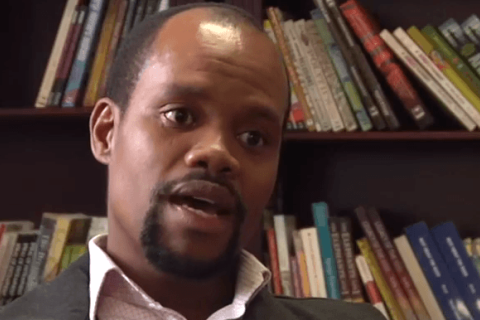Scaling Community Land Rights Certification in Municipal Areas of Mozambique: the launch of a new LAND-at-scale project
Terra Firma and the Netherlands Enterprise Agency (RVO) are pleased to announce the launch of a new LAND-at-scale project: Scaling Community Land Rights Certification in Municipal Areas of Mozambique. The project started implementation this month (February 2024) in the rural hinterlands of four municipalities in Manica, Sofala and Zambezia provinces.

